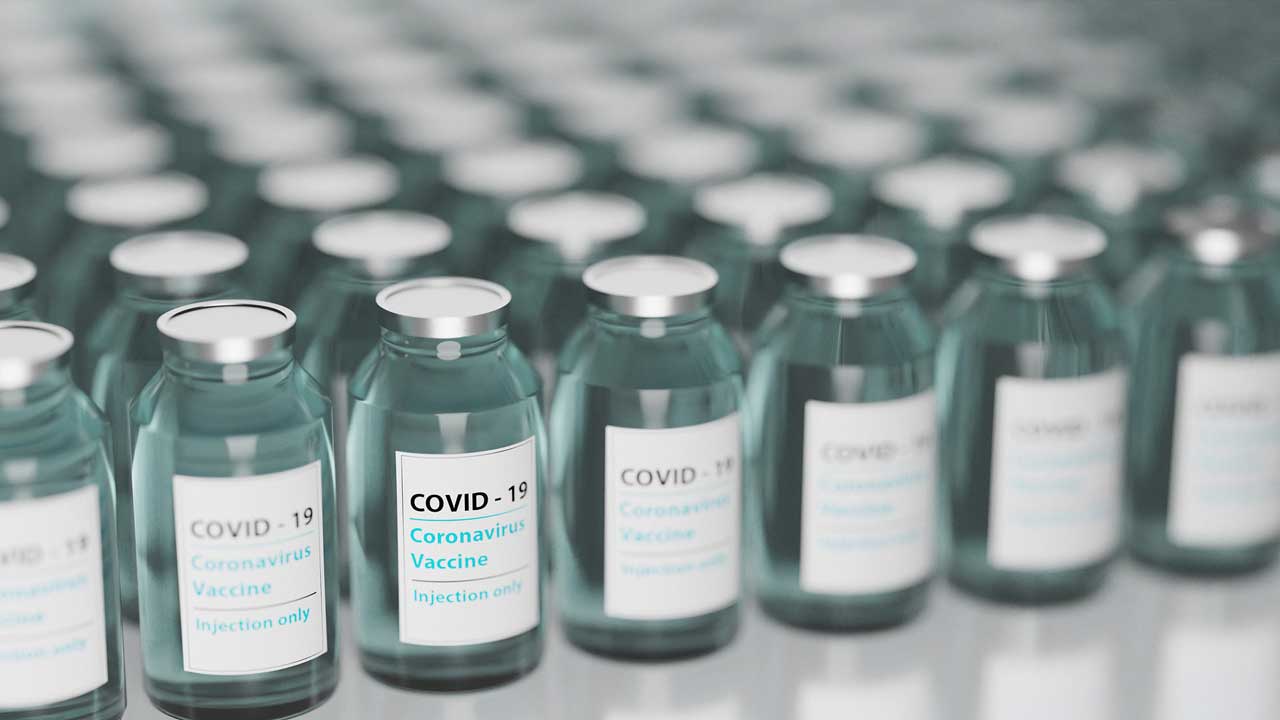Tonix Pharmaceuticals Holding Corp., a clinical-stage biopharmaceutical company, today announced it has expanded its research collaboration with Columbia University. The research collaboration is focused on studying immune responses to COVID-19 in healthy volunteers who have recovered from COVID-19 or were asymptomatic, as well as studying in vitro T cell and antibody responses to SARS-CoV-2, the virus that causes COVID-19. The research is designed to fill in important gaps in understanding the detailed immune responses to COVID-19, and to provide a foundation for tailoring vaccines and therapeutics to appropriate individuals with precision medicine.
The two principal investigators for the collaboration are Ilya Trakht, Ph.D., Associate Research Scientist and Sergei Rudchenko, Ph.D., Assistant Professor of Medical Sciences at Columbia University Vagelos College of Physicians and Surgeons.
Dr Trakht is studying T cell and antibody responses in a variety of ways, including at the cellular level by stimulating T cells in vitro with CoV-2 antigens and by generating fully human monoclonal antibodies against SARS-CoV-2. This research has the potential to lead to the isolation, characterization and cloning of therapeutically relevant fully human neutralizing monoclonal antibodies to SARS-CoV-2.
Dr Rudchenko is generating DNA aptamer-based anti-idiotypes to certain monoclonal antibodies identified by Dr. Trakht. Such aptamers have the potential to identify biomarkers for protective CoV-2 immunity and accelerate the design of precision medicine-driven vaccines against COVID-19.
“Based on the progress and results of the initial phase of these projects, we are excited to expand our research collaboration with Columbia University on these precision medicine technologies and also to potentially develop new monoclonal antibody therapeutics,” stated Seth Lederman, M.D., President and Chief Executive Officer of Tonix. “Data from this collaboration may provide a roadmap and tools to potentially guide the selection of appropriate individuals for COVID-19 vaccine trials and to help determine which vaccine is appropriate for each individual based on the condition of their immune system or other physiological features.”

 Latest pharma update
Latest pharma update










.jpeg)











.jpg)








